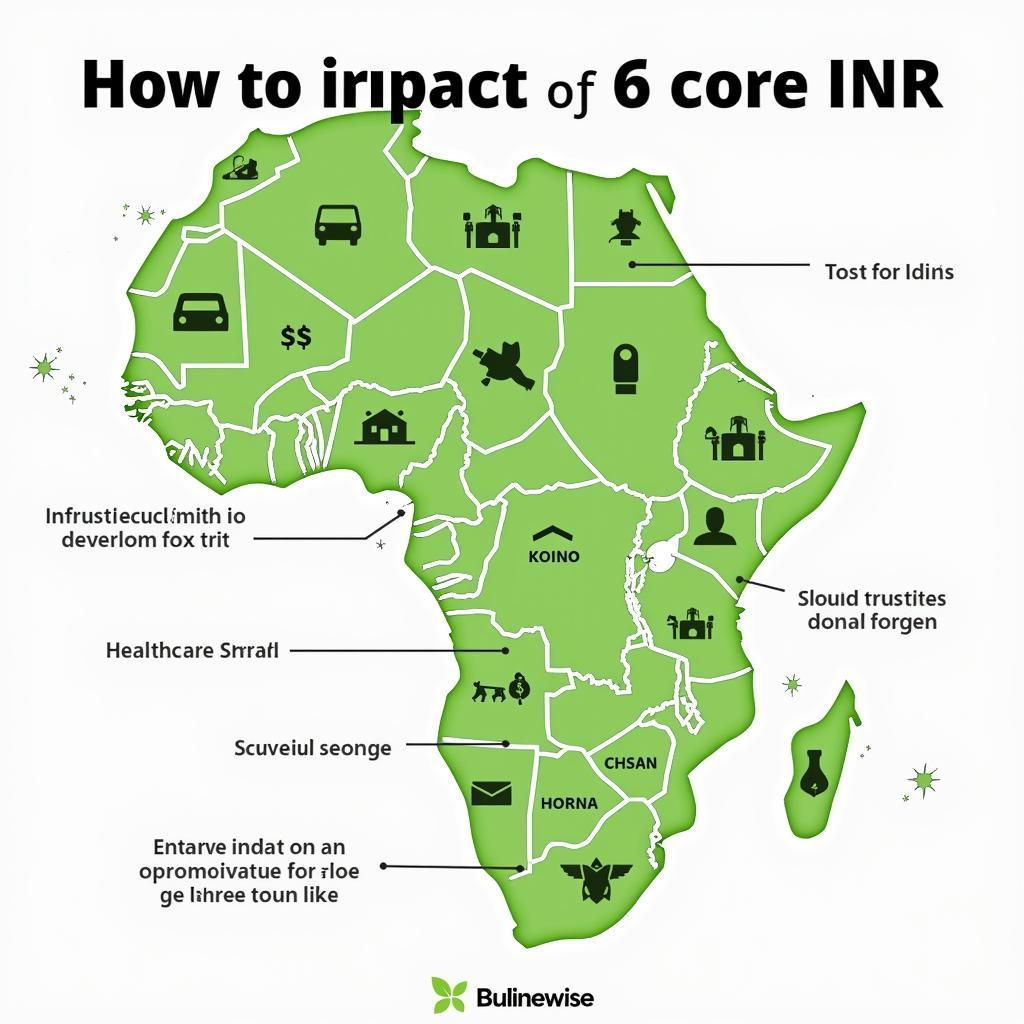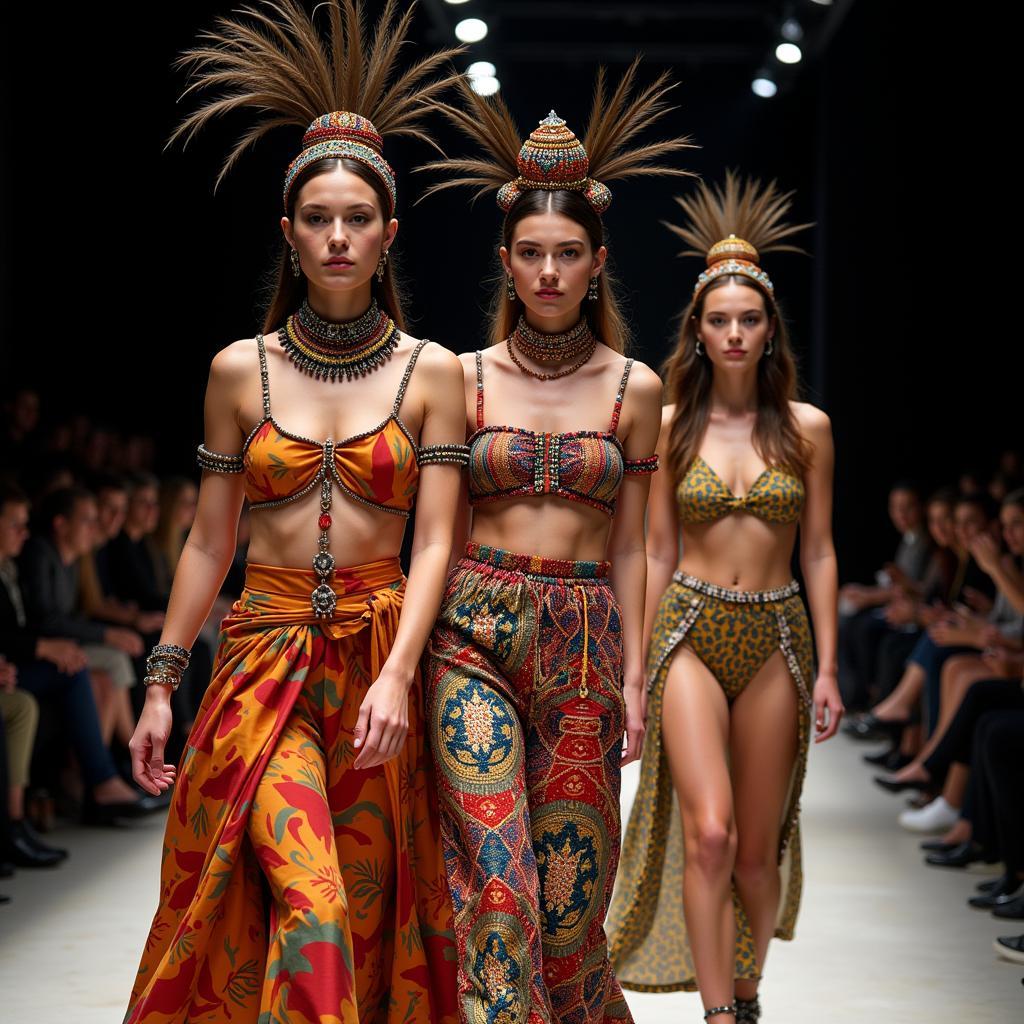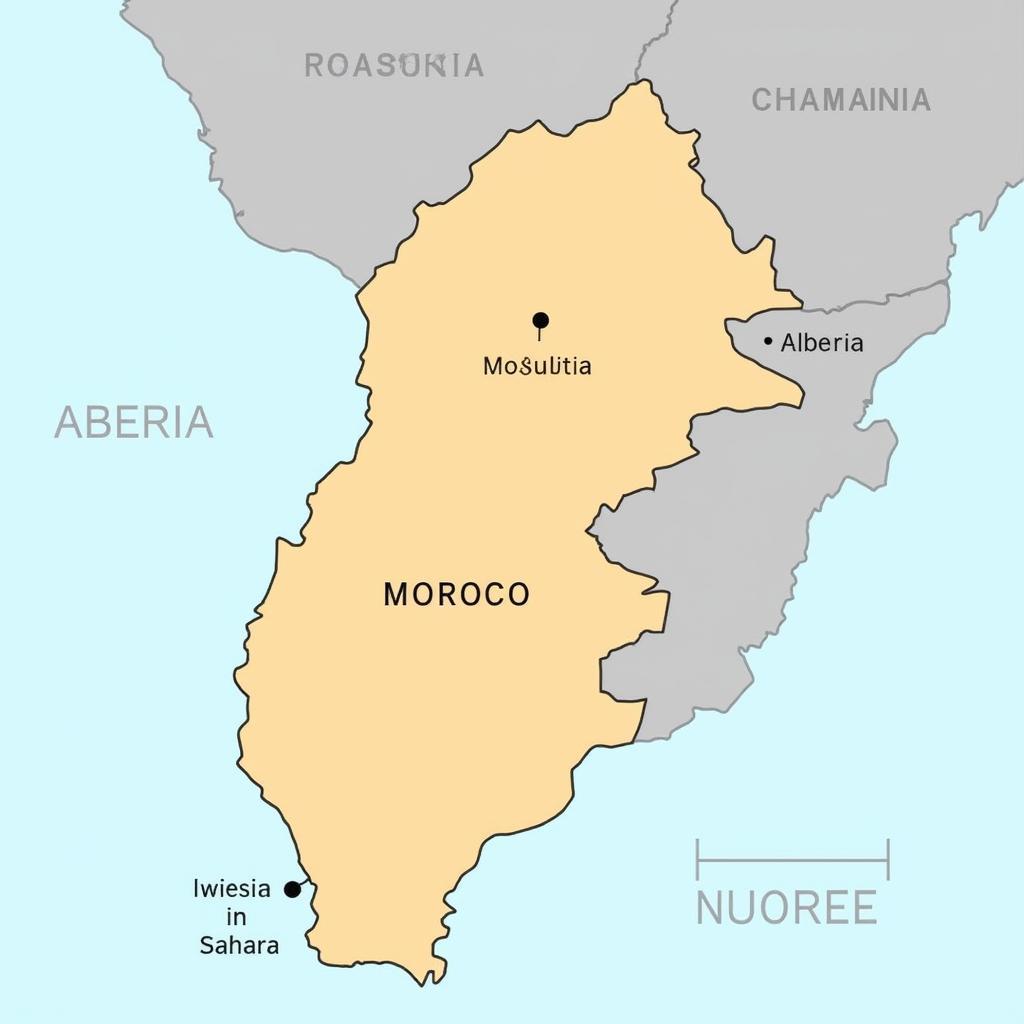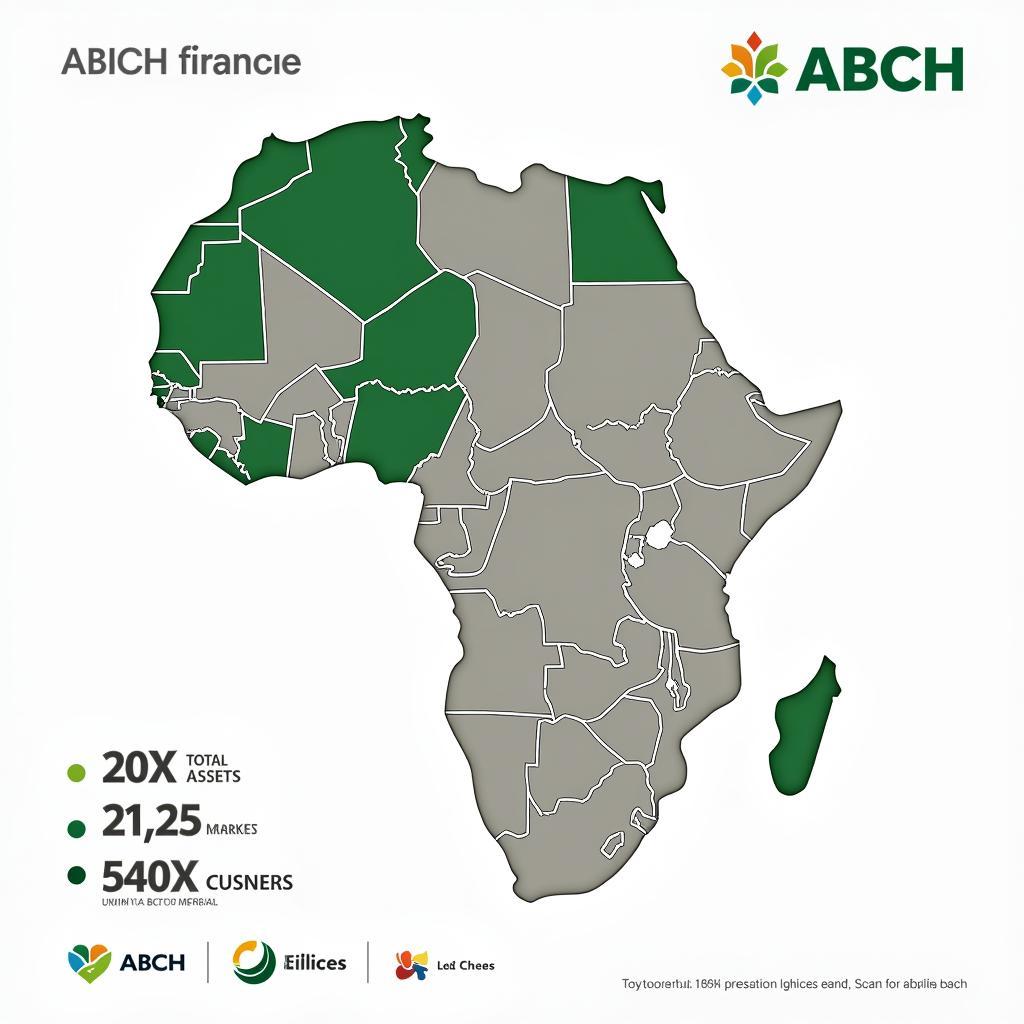Exploring the Rich Tapestry of African and Caribbean Literatures
African And Caribbean Literatures offer a captivating journey into the hearts and minds of two vibrant, interconnected regions. These literary landscapes, shaped by unique historical experiences and cultural nuances, provide profound insights into the human condition, exploring themes of identity, colonialism, diaspora, and resilience. From ancient oral traditions to contemporary novels, poetry, and plays, these literatures paint a vivid picture of life, love, loss, and the pursuit of freedom.
A Shared History, Divergent Voices: Understanding African and Caribbean Literatures
African literature encompasses a vast array of oral and written traditions, spanning numerous languages and cultural groups across the continent. From the epic narratives of Sundiata Keita to the poignant poetry of Chinua Achebe, African literature reflects the diversity and complexity of the continent’s experiences. Caribbean literature, born from the crucible of colonialism and the transatlantic slave trade, similarly grapples with issues of identity, displacement, and the search for belonging. The works of Derek Walcott, Jamaica Kincaid, and Edwidge Danticat, among others, offer powerful reflections on the Caribbean’s unique historical and cultural landscape. Both African and Caribbean literatures share a common thread of grappling with the legacies of colonialism and its impact on identity, culture, and societal structures.
The Power of Oral Tradition in African Literature
Oral traditions hold a central place in many African cultures, serving as a repository of history, wisdom, and cultural values. These stories, proverbs, and songs, passed down through generations, often embody complex philosophical and spiritual beliefs. The Griot tradition in West Africa, for instance, exemplifies the importance of oral storytelling in preserving history and transmitting cultural knowledge.
Caribbean Literature: Navigating the Postcolonial Landscape
Caribbean literature often explores the complexities of postcolonial identity, examining the lingering effects of slavery and colonialism on individual and collective consciousness. Themes of hybridity, creolization, and the search for roots are central to many Caribbean narratives. The literature reflects the multifaceted nature of Caribbean identity, encompassing influences from African, European, Indigenous, and Asian cultures.
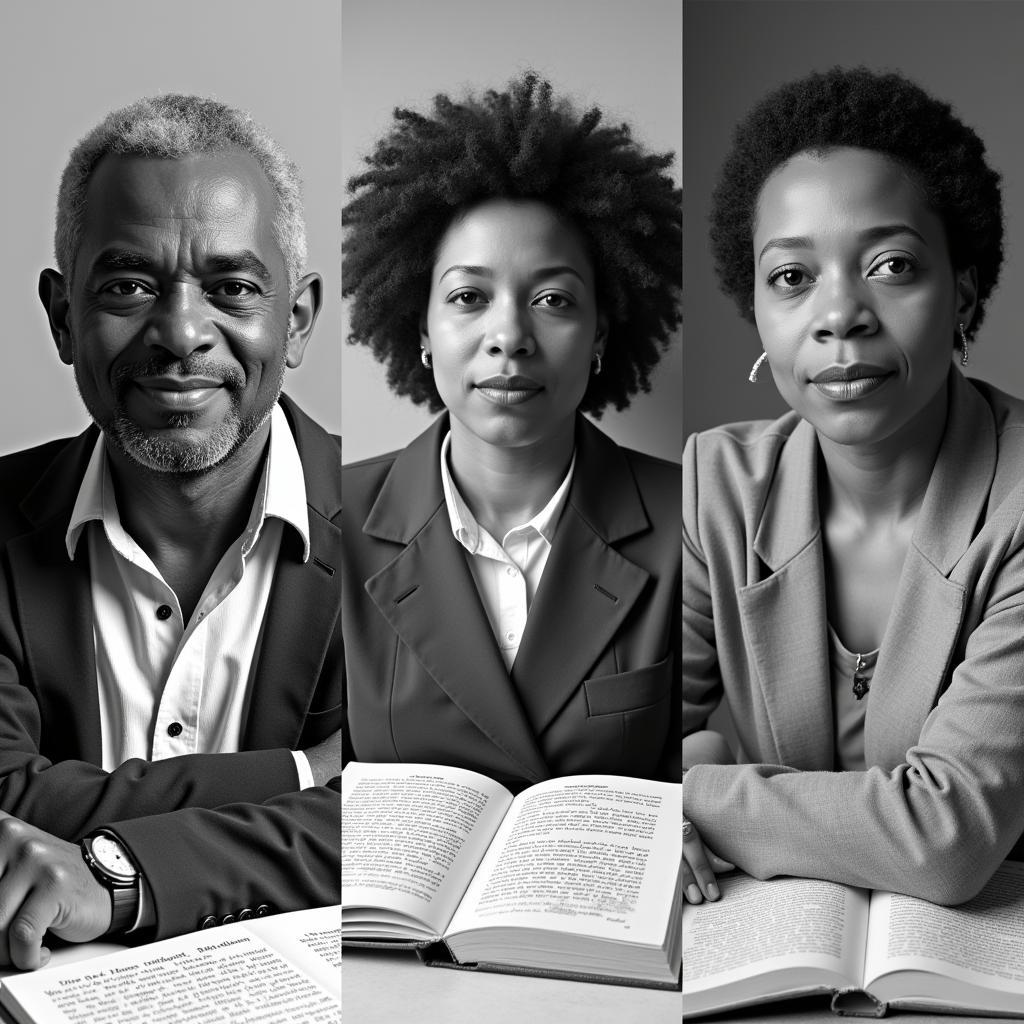 Portraits of renowned Caribbean authors and poets.
Portraits of renowned Caribbean authors and poets.
Connecting the Dots: The Influence of African Literature on Caribbean Writing
The transatlantic slave trade forged an indelible link between Africa and the Caribbean, and this connection is reflected in the literary traditions of both regions. African folklore, storytelling techniques, and themes of resilience resonate in Caribbean literature, demonstrating the enduring influence of African culture. Many Caribbean writers draw upon African oral traditions and mythologies to explore themes of identity, memory, and cultural survival.
What are the key themes explored in African and Caribbean literature?
Key themes include colonialism, identity, diaspora, resilience, and the search for belonging. Both literatures grapple with the historical and ongoing impact of colonialism and its legacy on individuals and societies.
How does oral tradition shape African literature?
Oral tradition serves as a foundation for many African literary forms, preserving history, cultural values, and complex philosophical beliefs. It influences narrative structures, themes, and the transmission of knowledge across generations.
Conclusion: A Continuing Dialogue
African and Caribbean literatures offer a rich and rewarding exploration of the human experience. These interconnected literary landscapes, shaped by shared histories and unique cultural perspectives, continue to evolve and engage with contemporary issues. Exploring these diverse literary voices provides invaluable insights into the complexities of identity, culture, and the ongoing struggle for social justice. African and Caribbean literatures invite readers to engage in a continuing dialogue about the past, present, and future of these dynamic regions.
FAQ
-
What are some prominent authors in African literature? Some notable authors include Chinua Achebe, Ngugi wa Thiong’o, Chimamanda Ngozi Adichie, and Wole Soyinka.
-
What are some key characteristics of Caribbean literature? Key characteristics include themes of postcolonial identity, hybridity, creolization, and the impact of slavery and colonialism.
-
How are African and Caribbean literatures connected? The transatlantic slave trade created a strong cultural link, reflected in the influence of African oral traditions and themes on Caribbean writing.
-
Where can I find resources to learn more about these literatures? Universities, libraries, online literary journals, and cultural centers offer valuable resources for further exploration.
-
What is the significance of studying African and Caribbean literatures? Studying these literatures provides insights into diverse cultural perspectives, historical experiences, and the ongoing struggle for social justice.
-
What role does language play in African and Caribbean literature? Language is a crucial element, reflecting the diversity of languages spoken in both regions and the complexities of cultural identity.
-
How do these literatures contribute to global understanding? They offer unique perspectives on the human condition, promoting cross-cultural understanding and challenging dominant narratives.
If you need any further assistance, please contact us. Phone Number: +255768904061, Email: kaka.mag@gmail.com or visit us at Mbarali DC Mawindi, Kangaga, Tanzania. We have a 24/7 customer service team.
